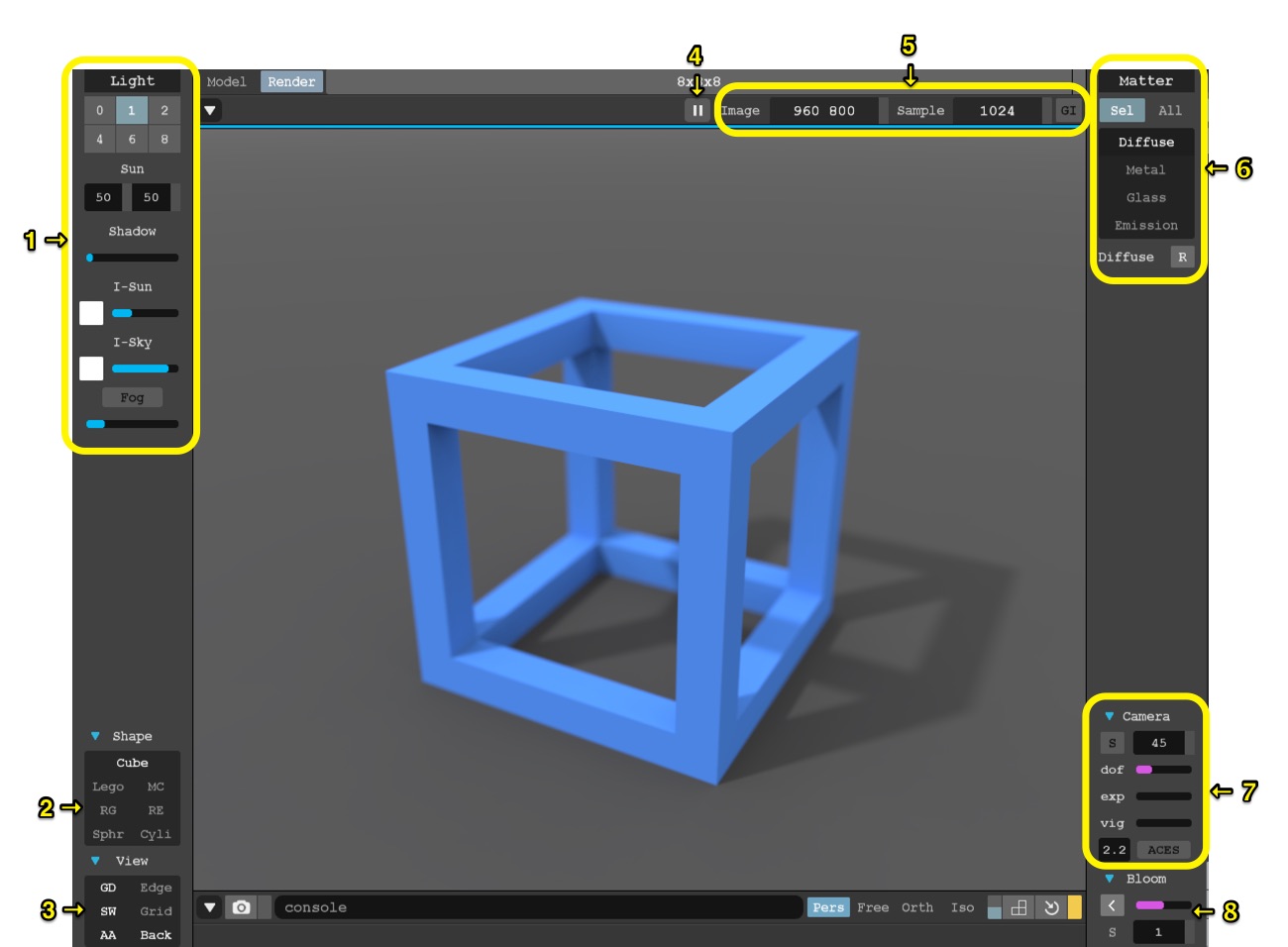@destrosvet I ran into the same issue. It's because the file format of MagicaVoxel has undergone some revisions to allow for a world editor and this importer doesn't know how to handle that data. Additionally the old material data chunks were deprecated and a new MATL chunk is being used. A workaround I used was to google for an older version of MagicaVoxel with a compatible file version.




After import *.vox nothing happend and got "Unknown Chunk id nTRN" in console.